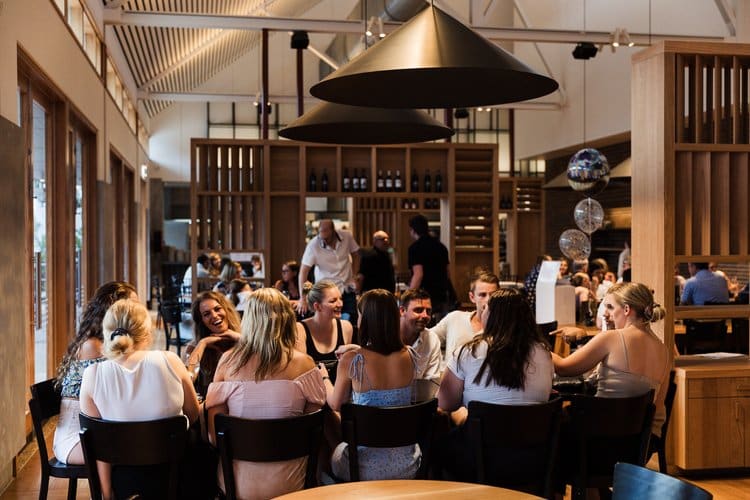Easy Escape Room Ideas for Kids at Home
If you’ve been searching for a simple, fun way to keep the kids engaged at home, creating an escape room might be just the thing.
It doesn’t need to be complicated.
With a bit of imagination and a few things you already have around the house, you can set up a little adventure that’s both fun and surprisingly educational.
It’s a great way to bring everyone together without screens, and the kids get to solve puzzles, follow clues, and work as a team.
All you need is a simple story.
Maybe the kids are jungle explorers, detectives solving a mystery, or pirates on a treasure hunt.
You can hide clues around the house using handwritten notes, drawings, or simple puzzles.
Most of the time, the things you need are already at home.
Shoeboxes, pillow forts, sticky notes.
All of it can become part of the game.
When they crack the final code, they get to find the prize. It could be a small treat, a toy, or just the satisfaction of solving the whole thing together.
DIY Kids Friendly Escape Room
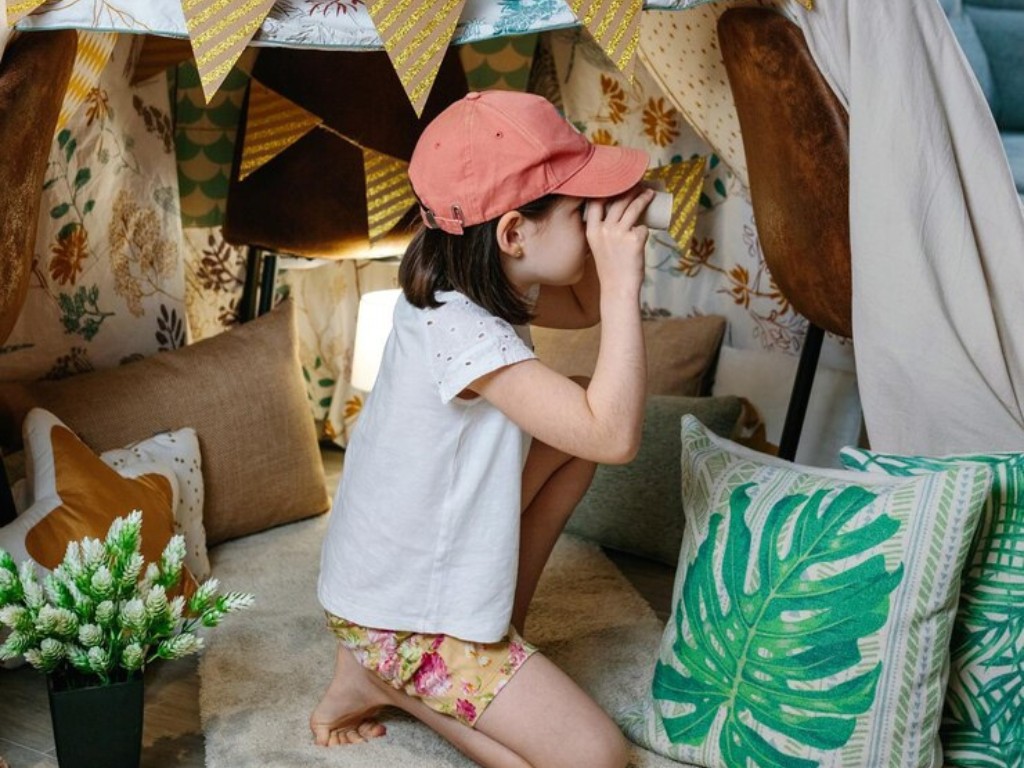
If you’re wondering how to actually set one of these up at home, don’t worry.
It’s easier than it sounds, and you don’t need to buy anything special. Start by picking a theme that fits your child’s interests.
Maybe they’re detectives solving a cupcake mystery in the kitchen, astronauts finding a lost code from space, or fairies looking for a hidden wand.
The story helps guide your clues, so choose something that gets them excited.
Once you’ve chosen the theme, pick a space for the game.
This could be the living room, their bedroom, or even the backyard.
It doesn’t have to be big.
Then, come up with three to five clues or puzzles.
Keep it simple. For example:
- A shape-matching puzzle using cut-out paper shapes hidden under couch cushions
- A code written in invisible ink using a lemon juice pen (they reveal it by gently warming the paper with a lamp)
- A scavenger hunt-style clue where they have to find three red toys in the room before the next hint appears
- A math riddle that leads to a combination lock (you can use a cardboard box with a paper “lock” they have to cut open)
- A puzzle made from a drawing cut into pieces they have to put back together to find the final location
The final clue can lead to a small surprise. It could be a snack, a little toy, or even a rolled-up “You Did It” note. It doesn’t need to be fancy. What matters most is that they feel like they solved something special on their own.
Fun Puzzle Ideas for Ages 7 to 10
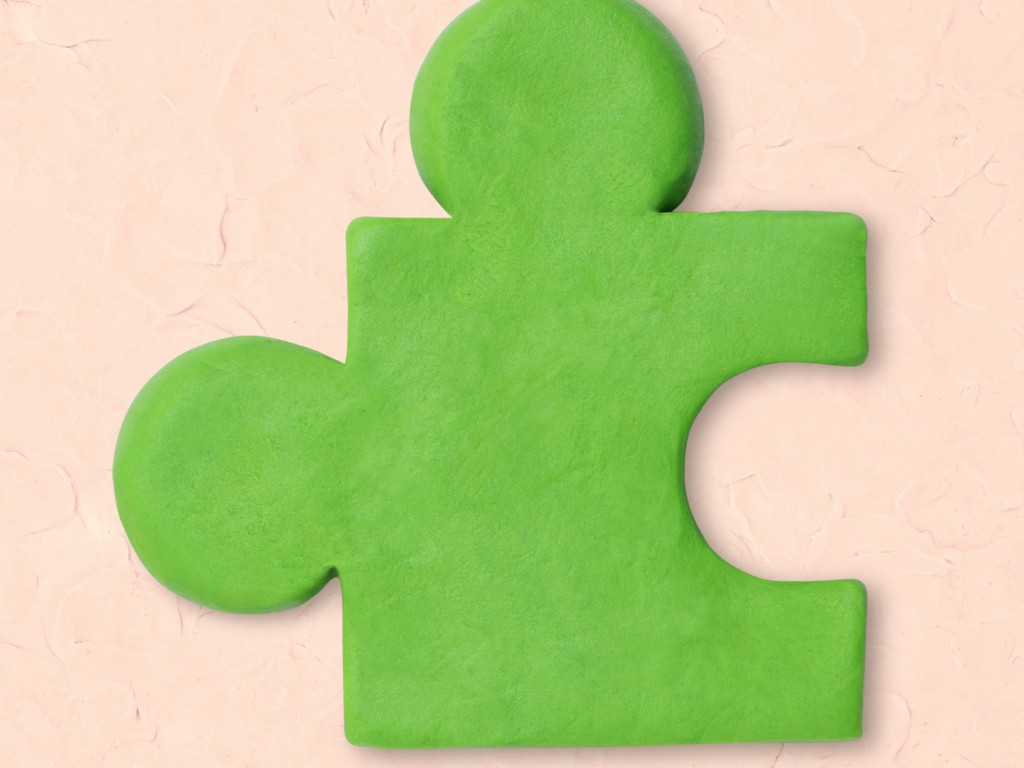
Coming up with puzzles for kids doesn’t have to be complicated. The key is to keep things age-appropriate, playful, and a little bit challenging. Just enough to make them think, but not so tricky that they get frustrated.
For ages 7 to 10, here are a few puzzle ideas that tend to work really well:
1. Word or letter scrambles
Mix up the letters of a simple word like “cake” or “door” and hide the letters around the room. Once they find all the letters, they have to unscramble them to unlock the next clue.
2. Color-coded clues
Use colored paper or crayons to create clues that only make sense when sorted by color. You can also match colors to objects in the room.
3. Picture puzzles
Take a simple drawing or a printed picture, cut it into six to eight pieces, and hide them in different spots. Once the kids find all the pieces and reassemble them, the picture gives away the next clue.
4. Number sequences
Create a basic math pattern like “2, 4, 6, what’s next” and have the answer lead them to something with that number on it. It could be a book on the second shelf or the sixth tile on the floor.
5. Hidden messages
Use a UV pen and blacklight torch to write a secret message on paper. When they shine the light on it, they’ll uncover the next step in the game. If you don’t have a UV pen, a white crayon and watercolor paint can work as a fun alternative.
Each of these puzzles can be adapted to your space and your child’s interests. And remember, you don’t need to include all of them. Two or three puzzles are often just right for younger kids. They’ll feel like real problem-solvers, and you’ll love watching them light up when they figure it out.
Visit Entermission Melbourne for the Real Thing

If your kids love playing escape room games at home, they’ll be thrilled to try the real thing at Entermission Melbourne.
Our family-friendly escape rooms are designed for ages 7 and up, with fun puzzles, interactive challenges, and even optional virtual reality for kids above the age of 10.
It’s a great way to spend time together, celebrate a birthday, or just enjoy a weekend outing that’s a little different.
Scavenger Hunt vs. Escape Room
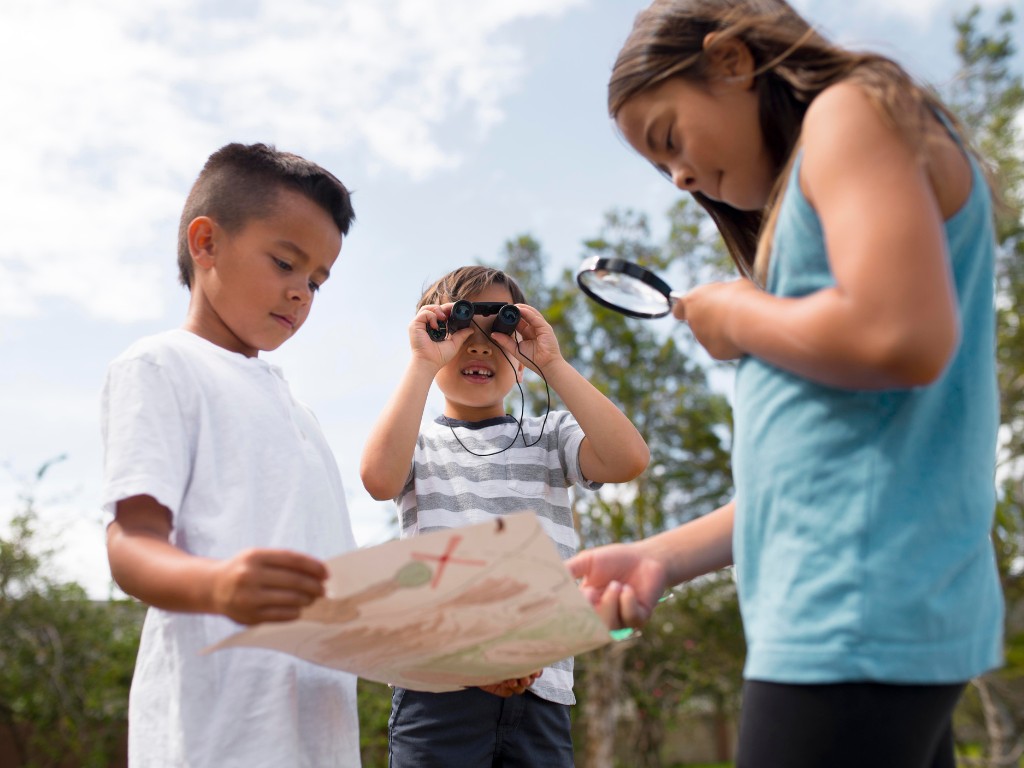
Scavenger hunts and escape rooms both involve clues, but they work a little differently.
A scavenger hunt is all about finding specific items.
You give your child a list, and they search for each one. It’s active and great for younger kids.
Escape rooms are more about solving puzzles.
Instead of just collecting things, kids work through clues that lead to the next step. It’s like a mini adventure with a story.
You can even mix the two.
Start with a scavenger hunt to collect items, then use those to unlock the escape room puzzle. Either way, your kids are having fun and learning at the same time.
Free Printable Escape Room Resources You Can Use
If you’re short on time or just want a head start, printable escape room kits can be a huge help.
Many websites offer free printable escape room games designed for kids, complete with clues, puzzles, and setup instructions.
You can print everything at home, cut out the pieces, and set it up in minutes.
Some even include fun themes like space missions, fairy tale mysteries, or spy adventures.
Here are a few great websites to explore:
- Lock Paper Escape – Free printable games and creative puzzle ideas
- The Activity Mom – Simple challenges with ready-to-use printables
- Teachers Pay Teachers – Filter by “free” and “escape room” to find great classroom-style games
- 123 Homeschool 4 Me – Educational printables, including escape room sets
Add Excitement with UV Pens and Blacklight Torches
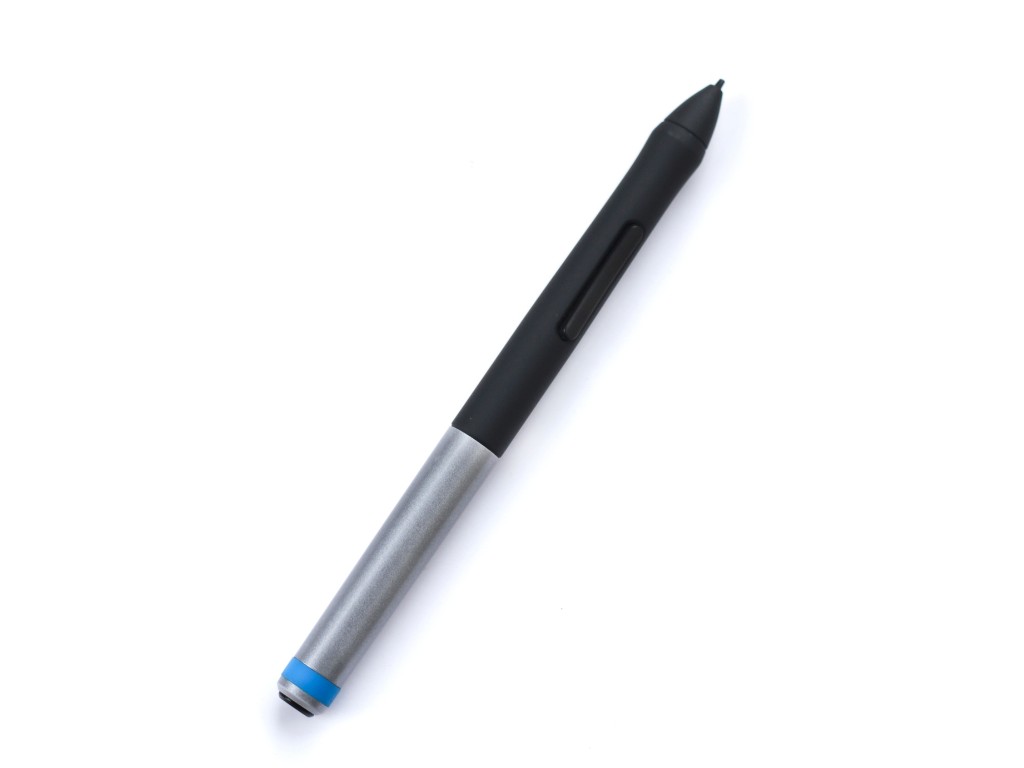
Want to make your escape room feel a little more magical? Try adding a UV pen and a blacklight torch.
Kids love discovering secret messages, and writing clues in invisible ink is one of the easiest ways to surprise them.
You can write hints on paper, leave codes on walls, or draw arrows pointing to the next clue.
These only appear when they shine the light. If you don’t have a UV pen, a white crayon and watercolor paint can work too.
It adds just the right amount of mystery and makes the whole experience feel like a real adventure.
Birthday Escape Game Themes for a Memorable Party
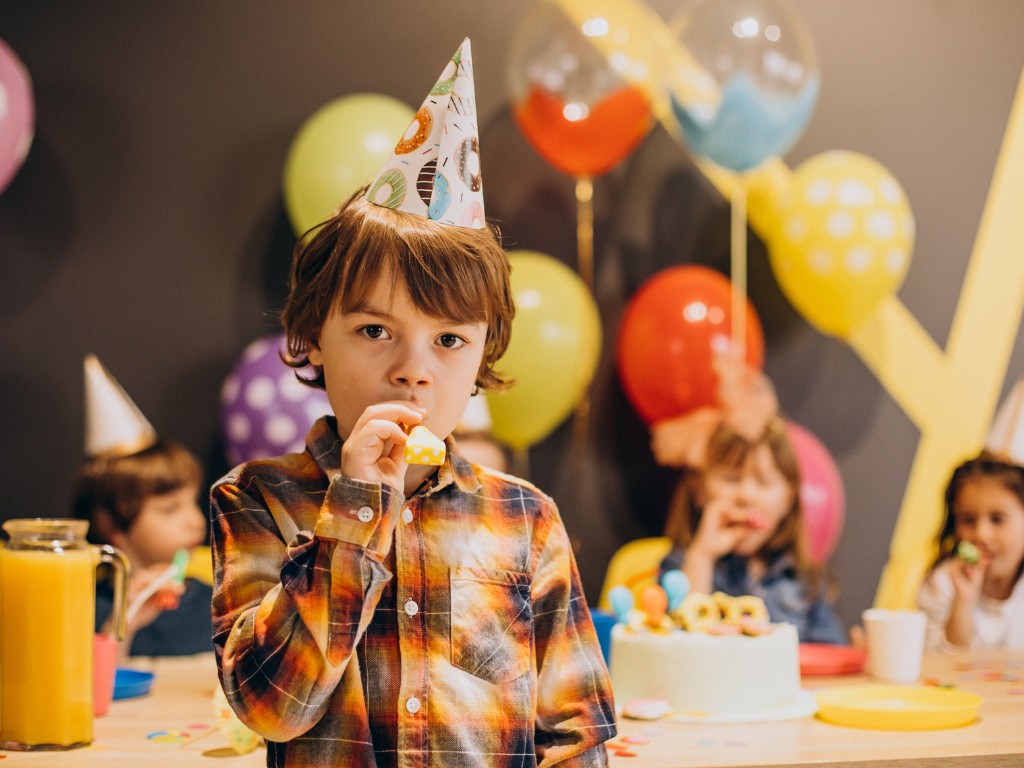
Planning a birthday party at home?
A themed escape room can turn it into something really special.
It’s interactive, exciting, and gives the kids something to talk about long after the cake is gone.
You could set up a pirate treasure hunt, where the kids follow maps and solve clues to find a chest filled with goodies.
Or create a spy mission, where they decode messages and uncover a top-secret surprise.
Even something simple like a magic forest adventure works well, with clues hidden in books or behind furniture.
Add themed decorations, background music, and a small prize at the end to make it feel complete. It’s a fun way to make the day feel unique without needing to leave the house.
Educational Escape Room Ideas That Boost Problem-Solving Skills

Escape rooms can also be a great way to help kids learn. While they’re busy following clues and solving puzzles, they’re actually building important skills like critical thinking, teamwork, and attention to detail.
You can easily add an educational twist to your game.
Try a math puzzle where they solve a simple equation to unlock the next clue.
Use a word scramble to reinforce spelling, or hide clues inside a short reading passage to practice comprehension.
Even sorting puzzles or shape recognition challenges are great for younger kids.
The best part is that they don’t even realize they’re learning. They’re just having fun, and the skills naturally grow as they play.
Creative Ways to Use Treasure Hunts in Escape Games
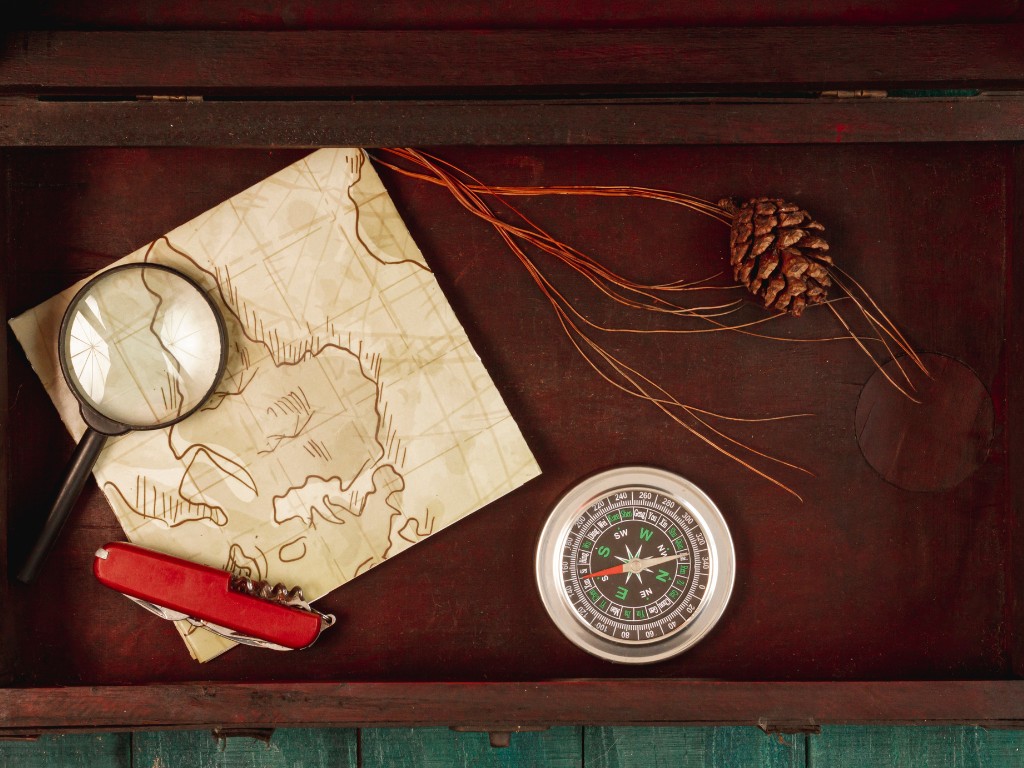
Treasure hunts and escape rooms make a great combo.
Mixing them adds movement, excitement, and a sense of discovery that kids love.
You can start your escape room with a mini treasure hunt to gather clues, or make the whole game feel like one big hunt with puzzles leading from place to place.
Hide small objects like toy coins, puzzle pieces, or jelly beans in different spots around the room.
Each item can come with a simple clue or a riddle pointing to the next location. For younger kids, make the hints visual — like drawings or color-based clues. For older kids, you can add riddles or simple codes to solve.
At the end, have a small “treasure chest” waiting with a treat or a surprise note. It adds a fun reward and wraps up the game in a memorable way.
Picture Books and Board Games That Pair with Escape Rooms
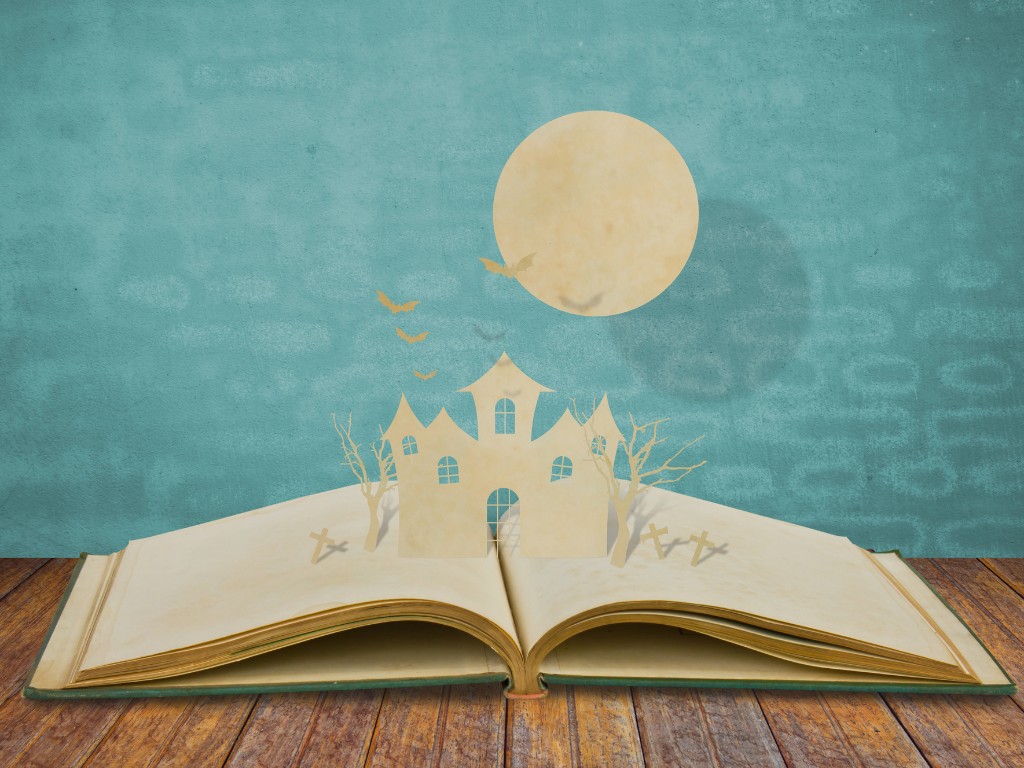
If your kids love stories and games, why not build your escape room around something they already enjoy?
Picture books and board games can be great inspiration for themes, clues, and puzzles.
A favorite storybook can set the scene.
For example, if they love a book about animals, you can create clues related to different habitats or animal sounds.
If they’re into fairy tales, hide “magic” items like wands or crowns and build the puzzles around characters from the story.
You can also take elements from board games.
Use dice rolls, cards, or game pieces to add extra layers to your escape room.
Even something simple like “roll the number to move to the next clue” works well.
Bringing in books or games they already love makes the experience feel familiar and extra special.
Halloween Games Turned Into Spooky Escape Adventures
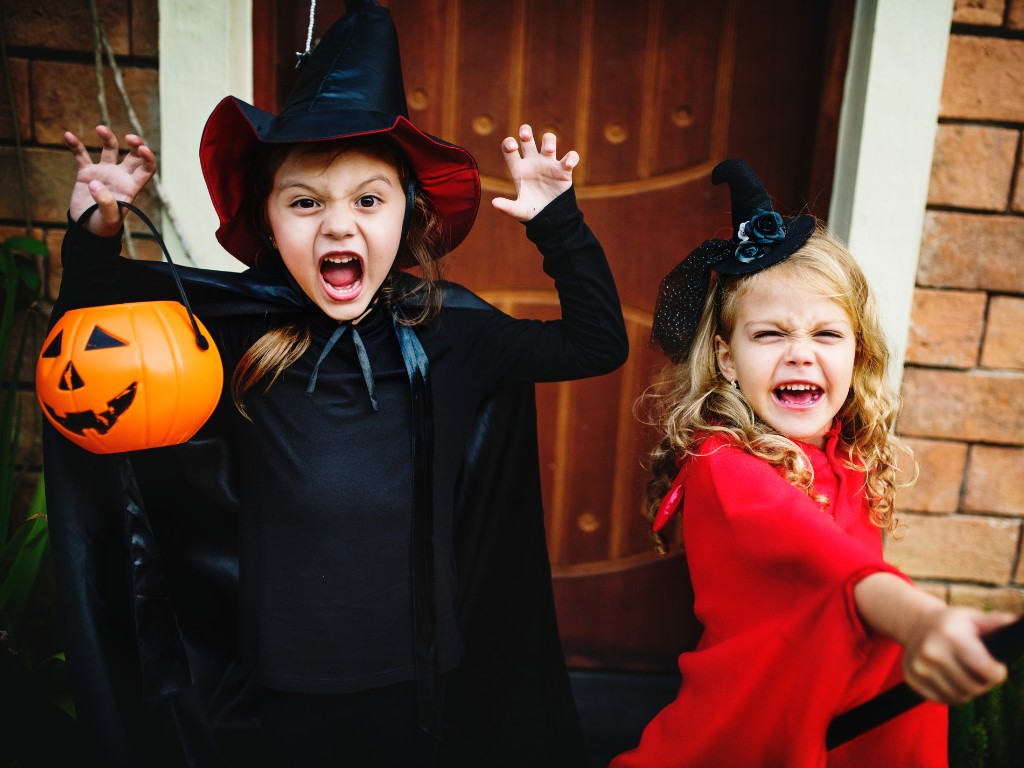
Halloween is the perfect time to turn classic games into a themed escape room.
With a few decorations and the right mood, you can create a spooky but kid-friendly adventure right at home.
Use plastic spiders, glow-in-the-dark stickers, or even jelly beans as part of your clues.
Hide messages in pumpkins, under fake cobwebs, or inside a plastic cauldron.
You can create a mystery like “Who stole the Halloween candy?” and build puzzles around that story.
Add dim lighting, a spooky playlist, and maybe a costume or two.
It makes the experience feel more immersive, but still safe and fun for younger kids.
Essential Escape Room Kits and Materials for Parents
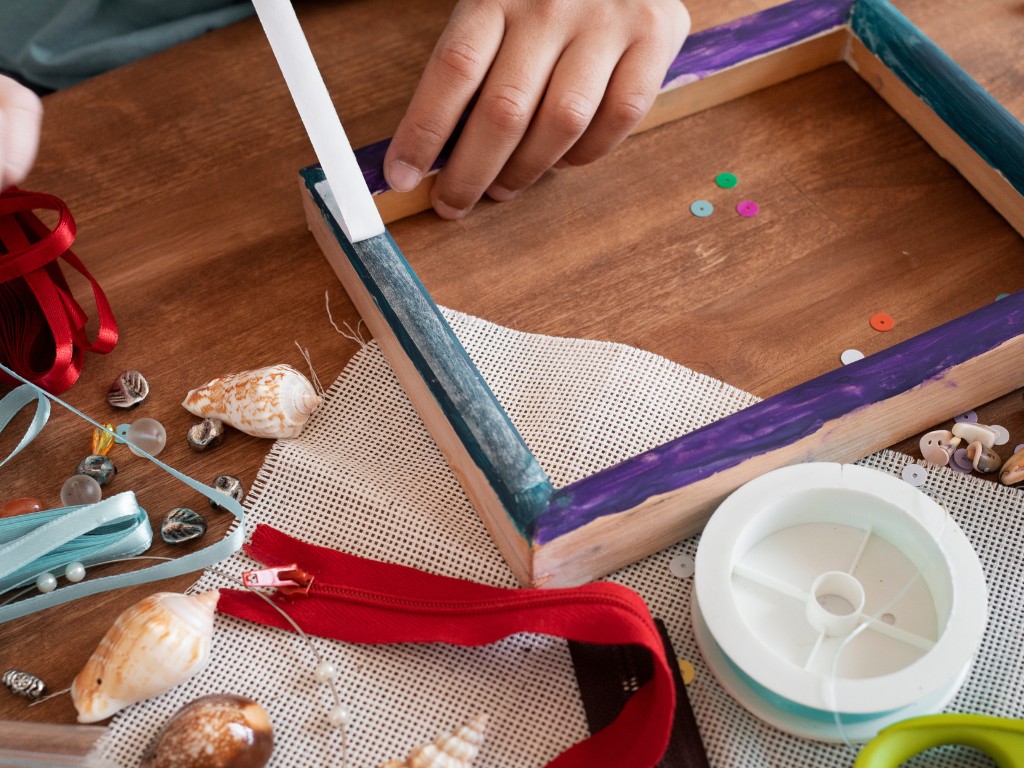
You don’t need a lot of fancy supplies to set up a fun escape room at home.
In fact, most of what you need is probably already lying around.
A few basic items can go a long way in making the game feel complete.
Here are some go-to materials many parents find helpful:
- Index cards or sticky notes for writing clues
- Shoeboxes, pillowcases, or envelopes for hiding items
- Crayons, markers, or pens to color-code puzzles
- A toy lock or a DIY cardboard lock for the final prize
- Small objects like buttons, puzzle pieces, or coins
- Optional extras like a UV pen or blacklight torch for secret messages
You can also keep a few printable escape room kits on hand if you want a quicker setup. With these basics, you’ll be able to pull together a creative game whenever you need one.
How Escape Rooms Help Kids Think Critically and Work as a Team
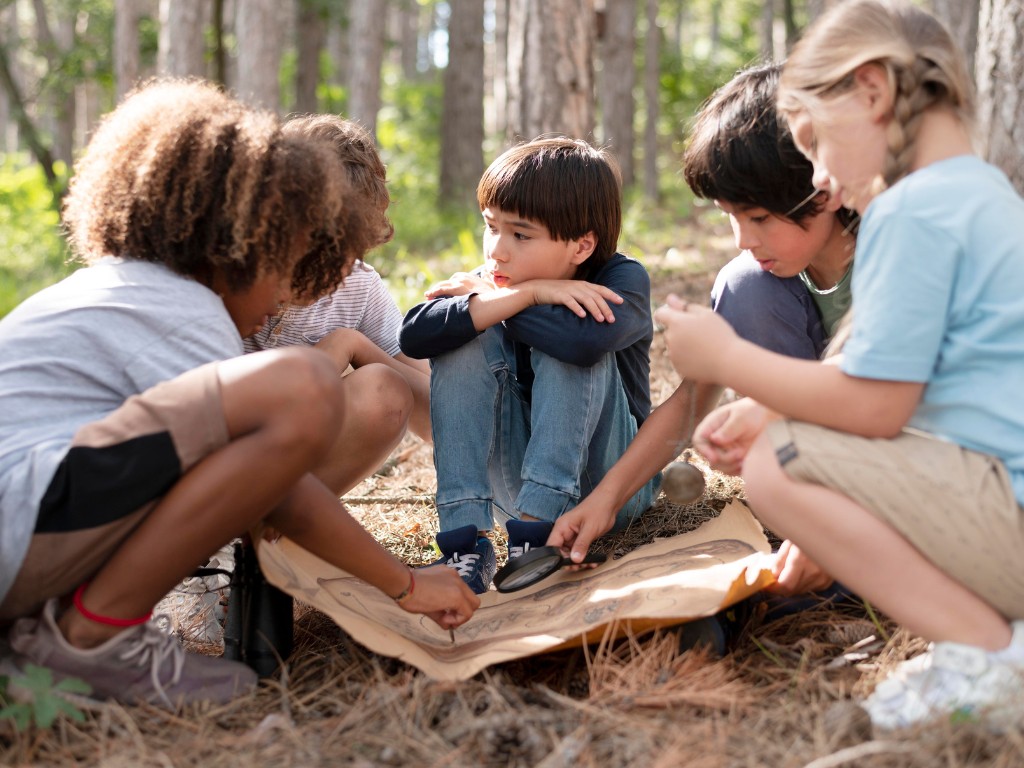
Escape rooms also help kids build important life skills.
As they work through each puzzle, they learn how to stay focused, think step by step, and try different solutions until something clicks.
When kids play together, they also practice listening to each other, sharing ideas, and taking turns. It’s a natural way to build teamwork without needing any formal lessons. They learn how to solve problems together, and those small wins give them a big sense of accomplishment.
Even if they need a few hints along the way, the process of thinking critically and collaborating sticks with them far beyond the game.

